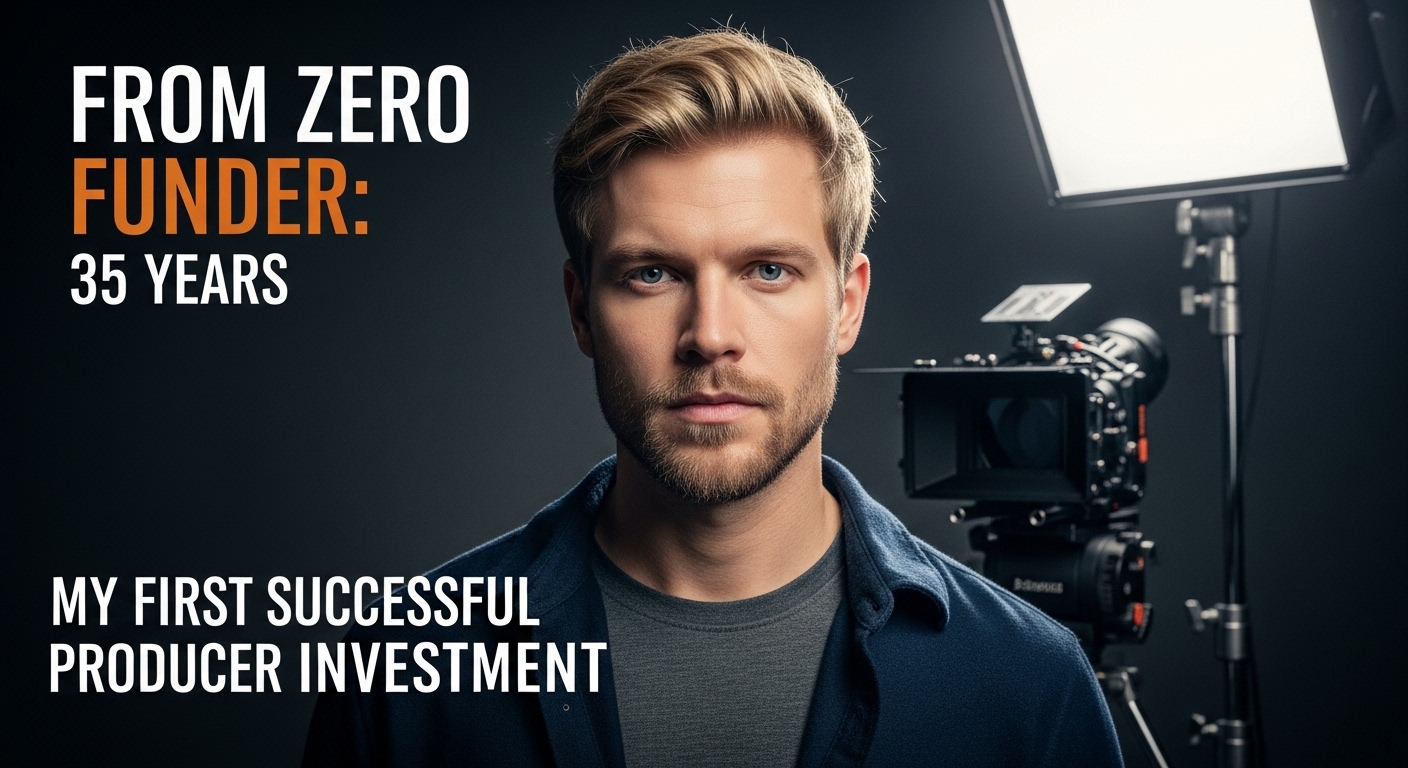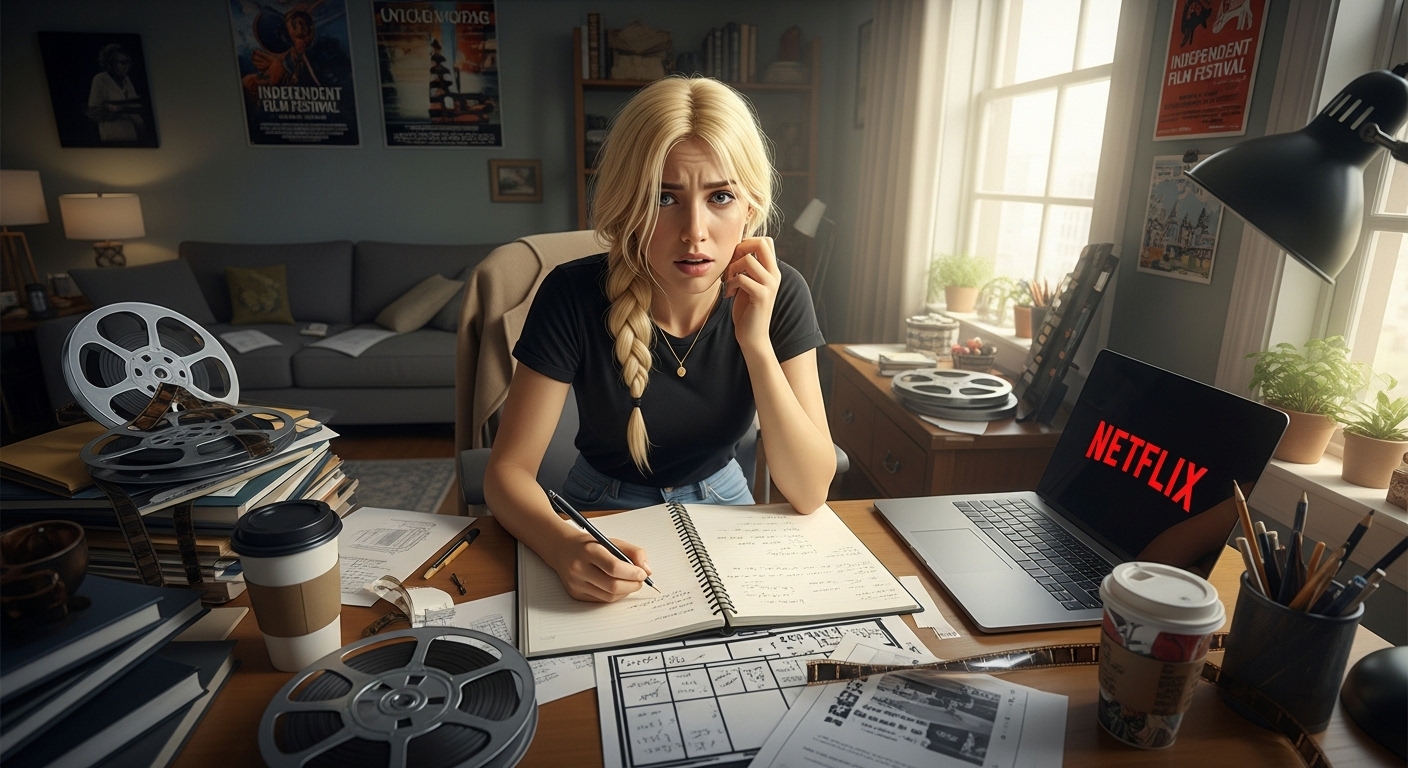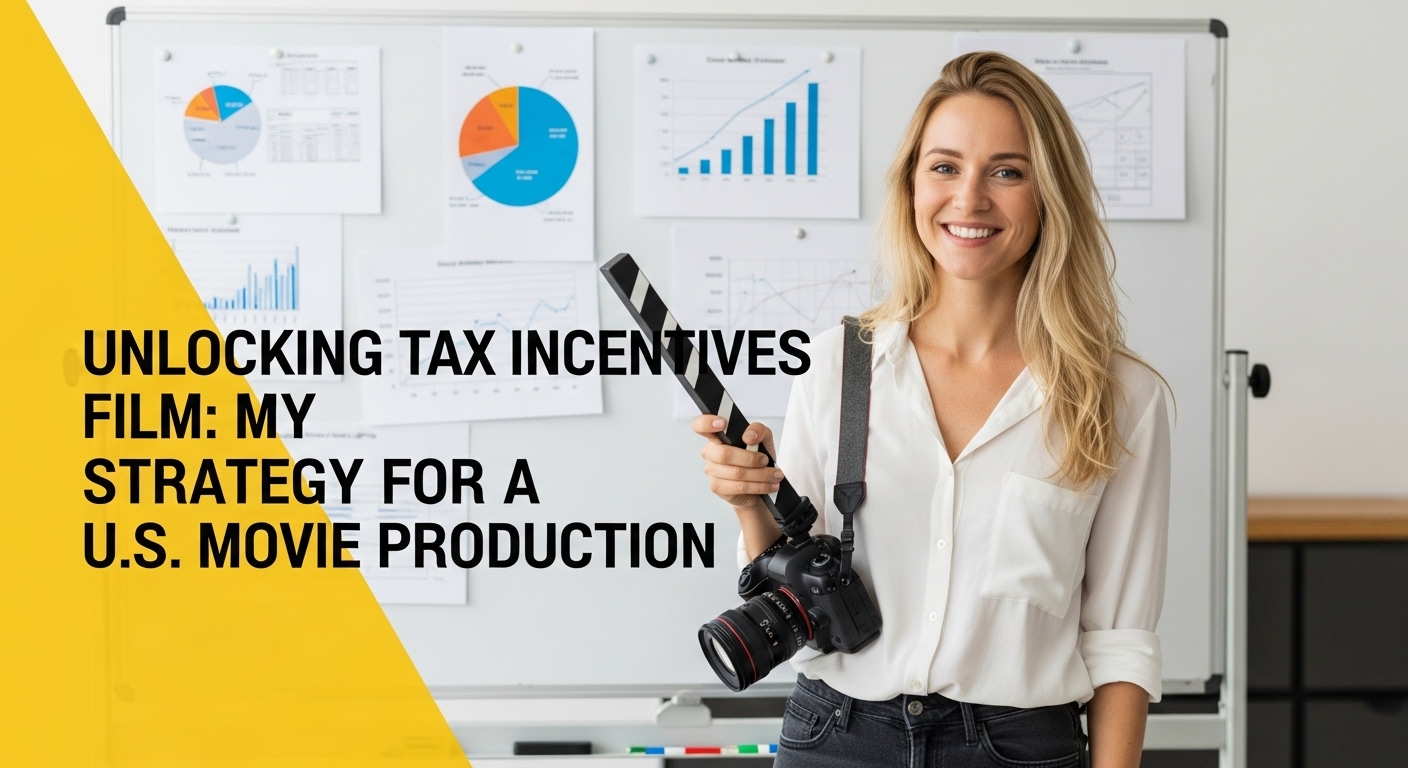Recent Categories
Recent Posts
- From Zero to Funded | My First Successful Producer Investment.

- My Journey to a Netflix Distribution Deal (Before We Shot a Frame).

- Unlocking Tax Incentives Film | My Strategy for a US Production.

- Why I Pitched to Private Investors | My Risky Path to Film Funding.

- The Crowdfunding Film Campaign That Raised $200K in 30 Days.
